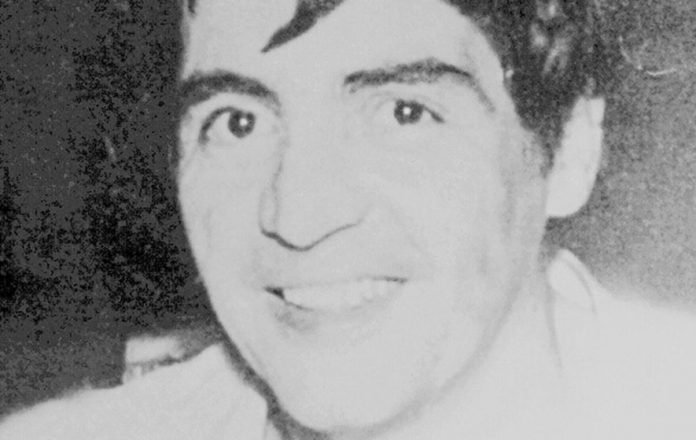By Advocacy Casework Manager Mike Ritchie
An important milestone was reached in a long-running civil case against the British Ministry of Defence in the High Court last week. Stan Carberry Jnr has been suing British authorities over the death of his father, Stanislaus, at the hands of British soldiers in November 1972, just over 50 years ago. Final oral submissions were made in front of Mr Justice McAlinden in Belfast yesterday, and he must now draw up his judgment on the case, which had its first substantive hearing almost two years ago.
As an example of how slow proceedings are on legacy, the writ was served on the MoD fully nine years ago. The delay has largely arisen due to dilatory searches by the British authorities for documents needed in the case. In an irony, the MoD barrister used the passage of time as one of his arguments that the judge should strike out the case, perfectly well aware that much of the recent delay has been caused by MoD tactics.
At the hearing on 9 February, 2023, on behalf of the MoD, David Dunlop KC presented his case that the statute of limitation meant the case was out of time. The judge should not exercise his discretion to waive the deadline because this would mean that the defence (the MoD) had been denied a fair trial: only one soldier was able to give evidence, the others are dead or too ill, witnesses’ memories have faded or cannot be trusted, only one civilian eye-witness had come forward to testify.
On the other hand, even if the judge sets aside time limitation, the evidence shows that the shooting by the soldiers was justified. Shots were fired at the soldiers after all, the car driven by Stanislaus Carberry had been hi-jacked with a weapon, the two men were “terrorists”, they were on active service and might commit a violent offence if they got away. In all these circumstances, the shooting was justified and, therefore, the MoD has no case to answer.
Frank O’Donoghue KC summed up the case for the applicant, Stan Carberry Jnr. Dispensing with any comment on the limitation point, he moved directly to the shooting that caused Stanislaus Carberry’s death. He stated that the MoD’s presentation was an argument that it is ok to shoot-to-kill, a position which is unlawful. The first shots were fired at the car tyres in order to disable the car, a reasonable use of force. The fatal shots were fired, according to the shooter’s own testimony, directly at one of the men in the car, through the back window. His rifle had telescopic sights, the car was slowing down, it was an high-velocity rifle; he saw the target slump after firing the shot. He had not received an order to fire. We are not yet in a situation where, simply because you tar someone as being a “terrorist” you can shoot to kill them when they are moving away from you and are not a threat to you. You cannot shoot someone because they might, at some point in the future, do something illegal or dangerous. The family have not sought to downplay that their father was in the IRA. But they do deserve – for the first time in 50 years – that the truth of what happened is set out on the official record. He referred McAlinden J. to his remarks on limitation in the written submission and closed, urging the judge to find for the applicant.
Judgment is reserved. Mr Justice McAlinden will now write up his ruling and deliver it in due course.
Throughout, Stanislaus Carberry’s children have been a credit to him, coping with the incredible delays and frustration with patience, dignity and forbearance. It is to be hoped that this important case will soon be concluded; the family, in any case, have carried themselves through to its conclusion in a manner that should hearten all those who have lost loved ones at the hand of British state forces, and who seek answers to their legitimate questions, their search for truth.














